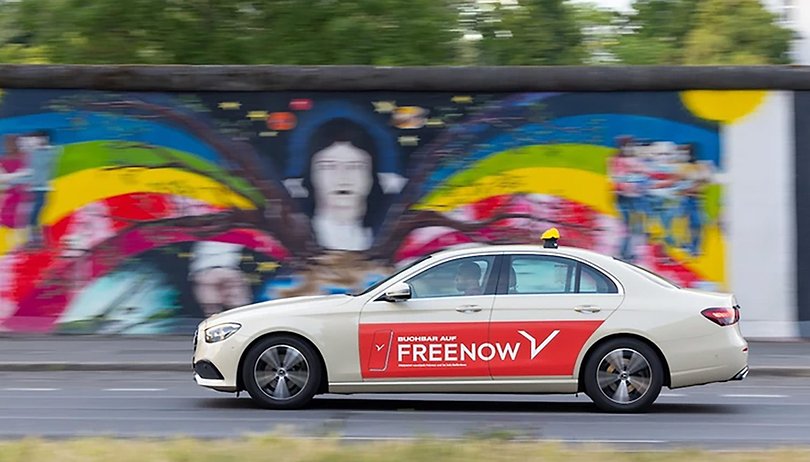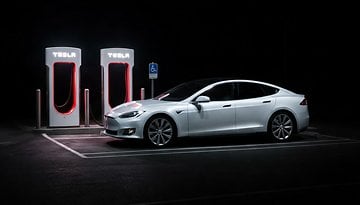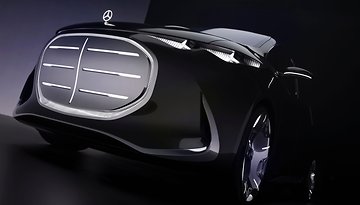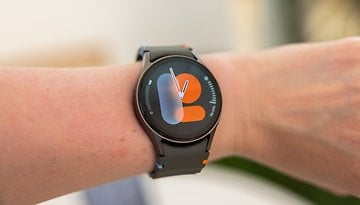Mercedes-Benz and BMW Pull Back from FreeNow


In metropolitan areas with sprawling, large cities, a shortage of parking spaces is always a challenge. As a result, owning a car can quickly become more of a burden than a convenience. Mobility services and car sharing have long been promoted as alternatives, but BMW and Mercedes-Benz now appear to see these options as a dead end. Both automakers are looking to sell their stake in FreeNow.
According to Bloomberg, the two companies have hired the investment bank Lazard to find a buyer, aiming for proceeds of approximately $530 million. No further details have been disclosed, and neither company has commented further on the matter.
FreeNow: How BMW and Mercedes Expanded MyTaxi
The two groups initially began with great ambitions. In 2014, the Stuttgart-based company even took over the MyTaxi app, which was comparatively popular at the time, and developed the Car2Go service around the Smart ForTwo, while BMW pursued a similar idea around its Minis with DriveNow.
In 2019, the two companies combined their diverse offerings under the umbrella brand known as FreeNow. Another one billion euros ($1.066 billion) was also invested in the joint venture to compete with platforms such as Uber and Lyft.
However, the early danger signs were there to point out how the cab service was not a project close to the hearts of the Group's headquarters. Speculation was already present in 2020 that FreeNow could be acquired by Uber. Eventually, the company parted ways with car charing. The Share Now division was sold to the Stellantis Group in 2022. The group includes manufacturers such as Chrysler, Jeep, Peugeot, and Opel.
BMW and Mercedes: Were Their Aspirations Too High?
With the sale, both BMW and Mercedes appear to want to fully concentrate on their core business again. The demanding transformation process with a view of achieving a turnaround in the mobility business appears to leave the two groups with too little leeway to provide FreeNow with the necessary attention.
However, the ride-sharing service is unlikely to become a slow seller. FreeNow has developed rather well under the wing of both groups. Last year, the 150 cities across ten European countries where the ride-sharing service is available generated a profit for the first time.
Based on this strong position, it is likely to attract the interest of Bolt, which sees itself as more than just a scooter rental company. Lyft would have an opportunity to significantly expand its European business, and Uber could further consolidate its position as the market leader with a purchase.



















